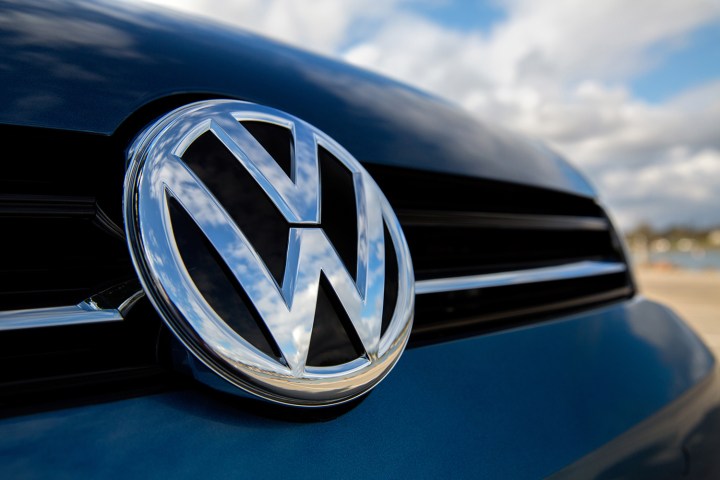
Senior U.S. District Court Judge Charles Breyer said all parties involved have made “substantial progress” in finalizing an agreement, according to the Associated Press. The scandal began in September when the Environmental Protection Agency (EPA) announced that Volkswagen used “defeat device” to cheat on emissions tests, but a draft plan to address delinquent cars wasn’t announced until last month.
VW owners will have the option to sell their cars back to the company, or have them modified to meet emissions standards. This plan only covers the 482,000 cars in the U.S. equipped with 2.0-liter four-cylinder engines; an agreement for the 75,000 cars with 3.0-liter V6 engines hasn’t been reached. Details on how VW will implement its buyback/modification plan are also scarce.
Read more: GM to compensate owners for fuel economy misstatement
It is unclear how much money owners will receive in a buyback, or whether they will receive additional compensation from Volkswagen. When the settlement was first announced, the AP reported that spending would be capped at $1 billion, but that money may not be distributed to owners equally. Authorities also haven’t discussed fines or penalties VW may face for its illegal actions.
The logistics of modifying cars to meet emissions standards could also get complicated. Some cars may be able to get by with new software and other small tweaks, but others will likely require the addition of selective catalytic reduction (SCR) systems, which use urea fluid to scrub pollutants out of exhaust. These systems are fairly complex and costly, and in some cases the cost of modifications may exceed the value of the car.
Maybe Volkswagen will only modify certain models, and simply buy back and scrap others. We won’t know for sure until at least June 21, the deadline for finalizing the deal. A public comment period will follow, with a preliminary hearing on July 26 to decide whether to implement the plan. About two months after that, the diesel scandal will reach its one-year anniversary.
Editors' Recommendations
- Confusion surrounds Volkswagen’s reported name change
- 2021 Volkswagen ID.4 aims to (finally) bring electric cars to the masses
- DieselGate continues to haunt Volkswagen as massive class-action suit is filed


